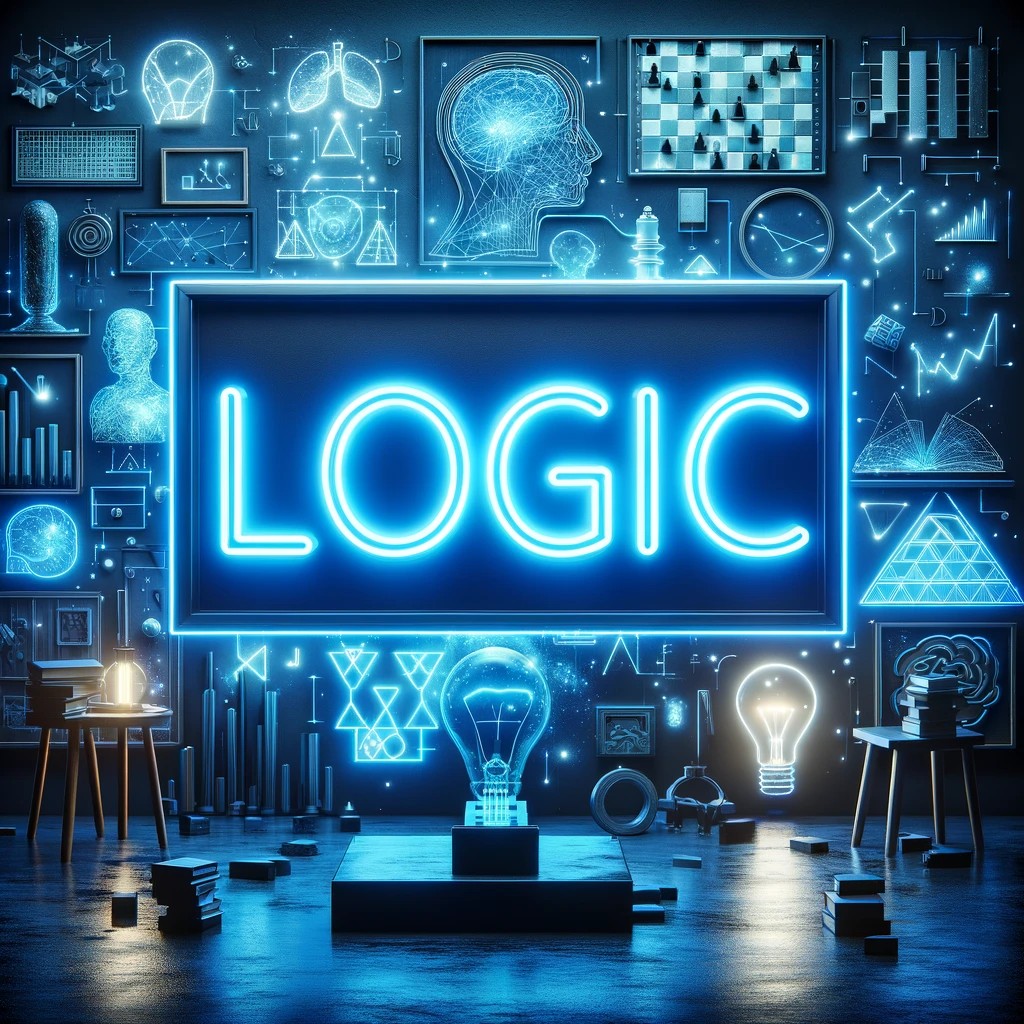Logic
Logic is a fundamental discipline that plays a pivotal role in rational thinking, problem-solving, and decision-making. It is the systematic study of reasoning, argumentation, and inference, providing a structured framework for evaluating and validating propositions. Logic is characterized by several key components and principles: In summary, Logic is an essential discipline that underpins rational thought … Read more
